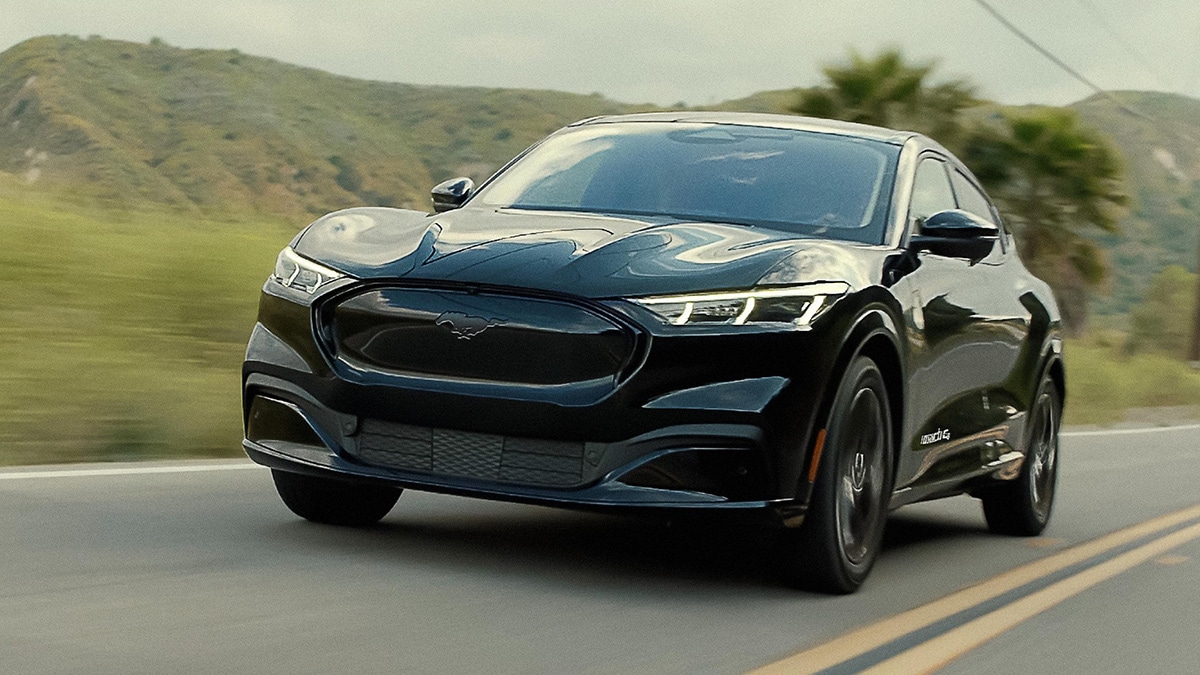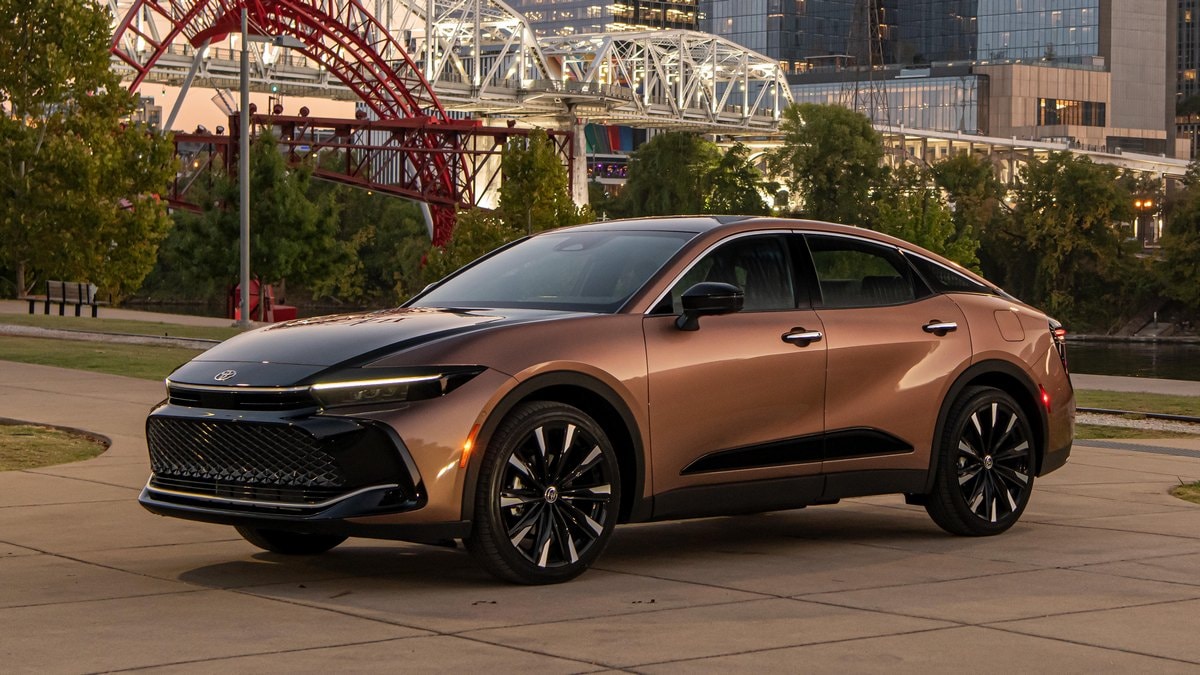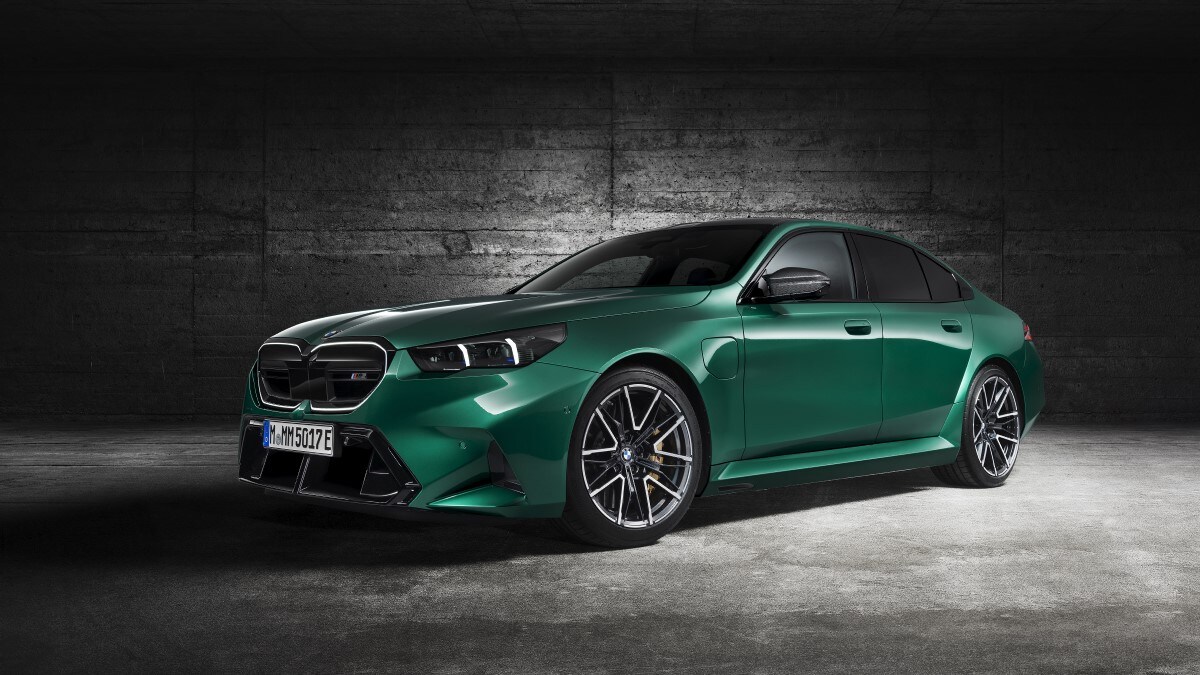Americans registered 14% more electric vehicles (EVs) in April than in March, according to data firm S&P Global Mobility.
The news comes after EV sales grew more slowly than expected in the first quarter of 2024. It underscores that 2024 may be a volatile year for the nascent EV market.
“The double-digit increase for EVs outpaced the 7.3% gain in the overall light-vehicle market,” says industry publication Automotive News.
Tesla Slipping as Market Grows
Though EV sales as a whole sped up in April, market leader Tesla saw its position slip. Its share of new registrations fell below 50%, S&P reports.
Tesla has long dominated EV sales. Its Model Y SUV was the planet’s best-selling vehicle last year. However, the company’s market position is threatened by a stale product lineup and increasing competition. Nearly every traditional automaker now offers at least one EV for sale, and Tesla has reportedly canceled some future cars as it shifts to a model focused on robotaxis and automation software.
Big winners include Toyota, which saw registrations for its bZ4X surge 646% year-over-year, and Ford, which saw its Mustang Mach-E outpace last year by 287%.
Hybrid Sales Peaking as a Bridge Fuel
EV sales have grown throughout 2024 but more slowly than in recent years. This news has some automakers rethinking the speed of their plans to go electric.
Hybrid sales have spiked early in 2024, as many consumers seek a way to save money at the pump without relying solely on a charging infrastructure that is still developing.
Many automakers are scrambling to get more hybrids on the lot to meet the demand. General Motors, which has moved more aggressively toward EVs, recently announced plans to bring plug-in hybrids of many models to its showrooms.
Ford, meanwhile, has delayed a new electric truck and stepped up its hybrid plans. CEO Jim Farley recently told investors that about one-quarter of F-150s built last quarter were hybrids. The F-150 is America’s best-selling vehicle.
Toyota has enjoyed a strong year as the recognized leader in hybrid technology.
New registration data suggests that what some have interpreted as weak EV sales may just be weak Tesla sales.
“The EV market is still there, and several brands had a really good April, but the overall number is being masked by a weak performance for Tesla,” says Tom Libby, associate director of industry analysis at S&P Global Mobility. “A couple of years ago, we were all talking about how Tesla was the only EV brand doing well, and everybody else was struggling. And now it’s the reverse.”
An Industry in Transition
EV sales grew quickly for most of the last two years, but that growth slowed dramatically in early 2024. That, combined with a political divide over the technology exacerbated by an election year, has led to media reports suggesting that some automakers have moved too quickly into electrification.
Analysts say that has automakers walking a tightrope.
“The powertrain conundrum is causing problems that we have never seen before,” Bank of America Securities Senior Automotive Analyst John Murphy said recently.
Car companies must balance slowing sales growth in the short term against likely strong sales in a few years. A recent survey from Kelley Blue Book parent company, Cox Automotive, found that more than half of today’s EV skeptics expect to drop their objections by 2029, with 80% open to buying an EV by 2034.
That timeline coincides with federal fuel economy rules and tailpipe emissions regulations, all of which ask automakers to sell an EV-heavy lineup in the 2030s.
Seven states have passed laws banning the sale of new gas-powered cars after 2035.
Murphy advises automakers to “not strip back your EV investment at the moment.” Instead, he says, they should use profits from selling hybrids and gas-powered cars to fund EV development.
That will help them ride out the ups and downs of EV demand this year.






